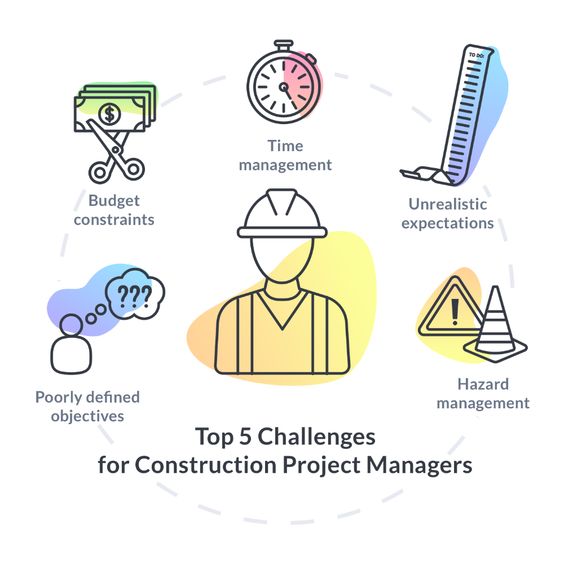Construction project management is the process of managing the planning, design, and construction of a building or other structure. It involves overseeing the entire project, from start to finish, and ensuring that the project is completed on time and within budget. The goal of construction project management is to ensure that the project is completed in a safe, efficient, and cost-effective manner.
The Role of the Project Manager
The project manager is the person responsible for overseeing the entire project. They are responsible for managing the budget, scheduling, and overall project completion. The project manager must ensure that all aspects of the project are completed on time and within budget. They must also ensure that all safety standards are met and that the project is completed in a timely manner.
Planning and Scheduling
The project manager is responsible for creating a plan for the project. This includes setting deadlines, assigning tasks, and ensuring that all tasks are completed on time. The project manager must also create a schedule for the project, which includes setting milestones and tracking progress.
Managing the Budget
The project manager is responsible for managing the budget for the project. This includes estimating costs, tracking expenses, and ensuring that the project is completed within the budget. The project manager must also be able to identify ways to reduce costs and maximize the project’s efficiency.
Managing Resources
The project manager is responsible for managing the resources needed to complete the project. This includes managing personnel, equipment, and materials. The project manager must also ensure that all resources are used efficiently and that the project is completed in a timely manner.
Communication
The project manager is responsible for communicating with all stakeholders involved in the project. This includes communicating with the client, contractors, and other parties involved in the project. The project manager must ensure that all stakeholders are kept informed of the project’s progress and that any changes or issues are addressed promptly.
Risk Management
The project manager is responsible for managing any risks associated with the project. This includes identifying potential risks, assessing their likelihood and impact, and developing strategies to mitigate them. The project manager must also ensure that all safety standards are met and that the project is completed in a safe and efficient manner.
Quality Control
The project manager is responsible for ensuring that the project is completed to the highest quality standards. This includes conducting inspections, testing materials, and ensuring that all work is completed to the highest standards. The project manager must also ensure that any defects or issues are identified and addressed promptly.
You might find these FREE courses useful
- Construction Management Specialization
- Construction Project Management
- Construction Engineering and Management
- Top Project Management Certification Google Courses
- Google Project Management (DE) Professional Certificate
Project Completion
The project manager is responsible for ensuring that the project is completed on time and within budget. This includes ensuring that all tasks are completed, that all safety standards are met, and that the project is completed to the highest quality standards. The project manager must also ensure that all stakeholders are satisfied with the project’s outcome.
